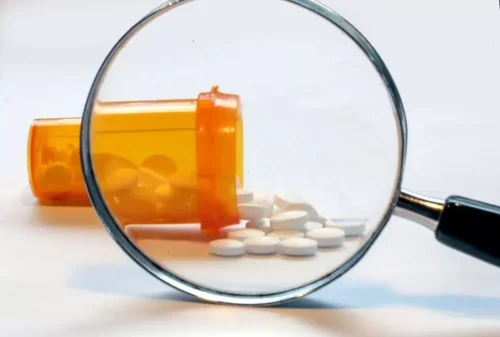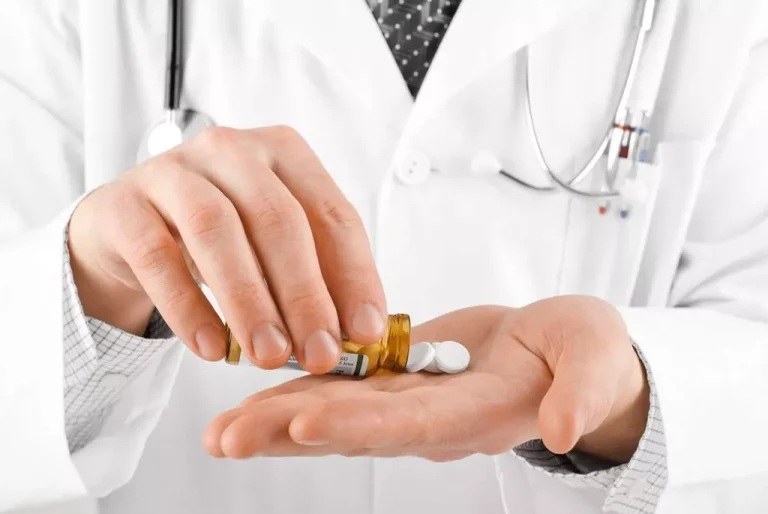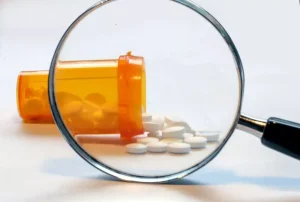Alcoholic Nose: Symptoms, Causes, And Treatments
1win Официальный Сайт Букмекера 1вин Ставки На Спорт же Онлайн-казин
November 28, 2024New Wave of Toll Phishing Scams Targeting Mobile Users Across US
January 27, 2025
We can assist with finding alcohol treatment options for you or your loved one. Despite the COVID-19 pandemic, most health care and rehab facilities are Alcohol Use Disorder open and operating with increased safety standards. For some individuals with alcohol addiction, it can be more effective to enroll in a treatment program outside of their local community. This way, they are not bombarded with social pressures and stigma close to home.
Why do some old men have big red noses? No, it’s not alcohol
Most cases have a prominent colonisation (more than five times normal) of Demodex. Alcohol not only dehydrates your skin but also your hair and hair follicles. This can lead to hair becoming brittle and prone to damage, as well as hair loss. Researchers do not fully understand the cause, but they know that the precursor is acne rosacea, which involves inflammatory breakouts of pimples. Drugs may successfully treat less intense cases and different subtypes of rosacea.
- In the early stages, rhinophyma shares symptoms with rosacea, such as facial flushing or redness.
- However, the term alcoholic nose is not a medically-recognized condition.
- Bad breath after drinking alcohol happens because the system becomes deprived of water, which dries out the mouth.
Treating Alcoholic Nose with Medication
Individuals may experience heightened anxiety, depression, and altered mood states, which can exacerbate existing mental health conditions. The compulsive nature of alcohol use can impair cognitive function and decision-making abilities, further complicating interpersonal relationships and daily functioning. Understanding these effects is vital for individuals considering treatment, as addressing both psychological and physiological aspects is essential for recovery. If you live in Brooksville, Florida and need professional addiction treatment to help you stop drinking alcohol, Springbrook Behavioral Hospital can help.

Dehydration and dry skin

Treatment for an alcoholic nose condition includes reducing alcohol consumption, regular exercise, and increasing your intake of fresh fruits and vegetables. Rosacea and rhinophyma why do alcoholics have weird noses can vary significantly in appearance and severity among individuals. It is vital to speak with a healthcare provider for an accurate diagnosis and appropriate treatment plan if you suffer from an alcoholism nose disorder.
- Start at San Diego International Airport, 3225 N Harbor Dr, San Diego, CA 92101.Head east on N Harbor Dr toward McCain Rd.
- It was previously thought that excessive alcohol consumption was the cause of rhinophyma, hence the nickname alcoholic nose or drinkers nose.
- If you or a loved one has an Alcoholics nose, getting help as soon as possible is vital.
- There are four subsets of rosacea, and rhinophyma is thought to be the most severe of them all.
- Remember that it is easier to do this when you have support or professional help.
- Due to this, the idea that alcoholism could cause rhinophyma held up for many years.
- Drive for about 4.7 miles.Use the right 2 lanes to take exit 96 to merge onto CA-91 W toward Beach Cities.
- It can also prevent those actually suffering from alcoholism from getting the help they need.
- As discussed above, rosacea can be a main contributing factor to redness and flushing of the cheeks.
- These physical changes can be distressing and impact a person’s self-esteem and social interactions.
Individuals with family history of rosacea should be especially mindful of these triggers to prevent worsening symptoms. Treating an alcoholic nose involves addressing both the underlying chronic skin condition and any contributing lifestyle factors, such as alcohol abuse. Early intervention is key to managing symptoms and preventing further nose growth or thickening of the skin. While there is no cure for rhinophyma, several treatment options can help manage the symptoms and improve the appearance of the nose. A combination of medical treatments and lifestyle changes often yields the best results.

Immediate flushing from drinking alcohol often fades a few hours after you stop drinking or, at worst, the next day. A flare-up of rosacea symptoms can be triggered by the consumption of many different foods and drinks, including alcohol. People with fair or light skin tone, or those with a family history of rosacea, are more likely to develop rhinophyma. Enlarged blood vessels and tissue growth can lead to nose and facial disfigurement. It’s thought of as the most effectual alternative for long-term results.
- If you already have rosacea or rhinophyma, drinking can make them worse and affect the appearance of the nose.
- Understanding these health risks is essential for those affected, as they may serve as motivating factors for seeking intervention and support.
- One of the most common forms of oral damage from substance abuse is through smoking meth, often referred to as meth mouth.
- Yes, The alcohol causes capillaries to expand, and for whatever reason the capillaries in your nose are most susceptible.

